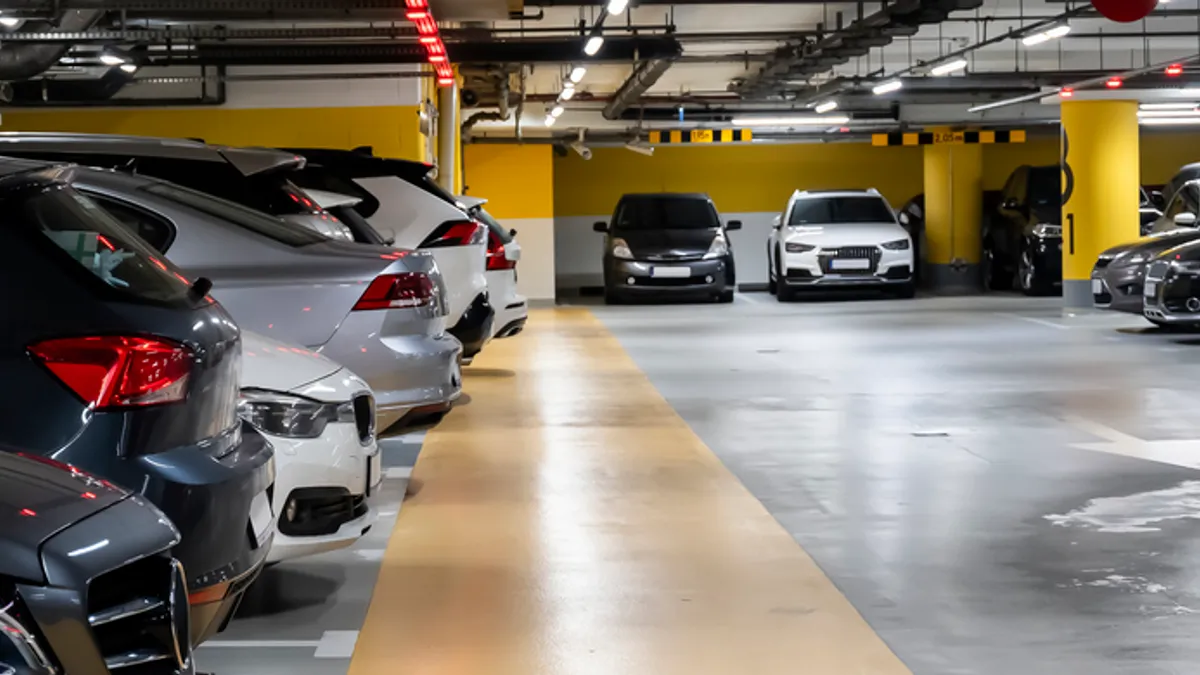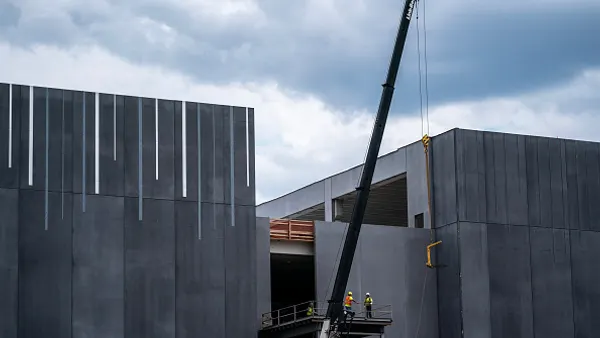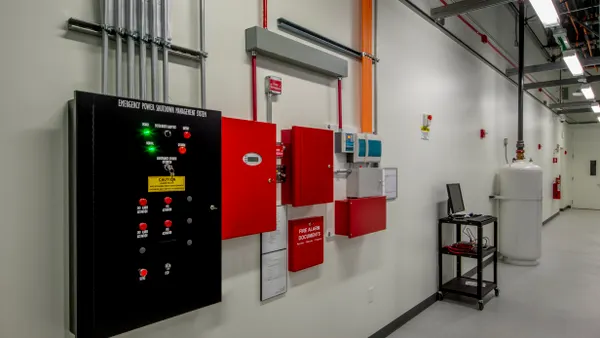Chris Donus is CEO of parking management technology company Flash. Views are the author’s own.
Property owners are letting a $35 billion revenue opportunity slip away. In an effort to improve tenant and guest experience, they keep their properties upgraded, but too often they overlook where people begin and end their visits: parking. Their garages and lots are languishing in a bygone era in which visitors spend 17 hours a year looking for a spot — and they’re forfeiting the 140% in additional spending that is generated by guests who start off on a positive note.

It doesn’t have to be this way. Advanced AI and integrated camera technology have opened the gates to a digital parking marketplace that can transform parking much like Amazon, Uber and Airbnb revolutionized their industries. Envision a digital parking ecosystem in which your facilities are connected to drivers through the apps they already use, enabling them to find, book and pay ahead for a space with less effort than scanning a paper ticket.
That parking ecosystem is already here. To see how it works, let’s follow concertgoers on their way to a show.
Recommendations
Our concertgoers visit the website of a ticket vendor for last-minute seats. At checkout they’re presented with parking options at or near the venue, with real-time availability and pricing as well as accessibility and EV charging details. These AI-powered suggestions account for area events, weather, venue proximity, occupancy and walking paths to deliver a personalized selection. In case the concertgoers delay their decision on parking, they’ll find parking options near the venue in navigation apps that they already use, like Apple Maps, Google Search, Google Maps and Waze.
Reservations
Once the concertgoers pick their preferred lot or garage, they can book and pay for it using their digital wallet or other payment method – with no need to navigate away from the website or app they’re visiting. Their parking is now taken care of.
Arrival
The concertgoers arrive at their reserved parking facility where AI-powered cameras recognize and match license plate details to their accounts. Trained on more than 100 million images, the cameras can identify vehicles despite the irregularity of U.S. license plates or the presence of haze or glare. This means concertgoers can enjoy an experience without the need to swipe, scan or download anything to access their spots. Meanwhile, the property manager can keep a close eye on inventory and space availability and can adjust in real-time accordingly.
EV charging
If the concertgoers drive electric vehicles, they’ve likely encountered inoperable chargers, an experience estimated to occur in one of every five visits, according to a Harvard study. This performance gap gives property owners an opportunity to provide the same ease, transparency and reliability with EV charging that they’ve provided with their digital parking experience. With a guaranteed space for parking and charging, concertgoers can set aside range anxiety, knowing they can count on the hardware to work when they get there. For this peace of mind, EV drivers are typically happy to pay a premium.
Receipts
Finally, after the event, the AI-powered cameras recognize the concertgoers’ cars on the way out and mark their visits complete. Payment automatically processes through the method specified at booking and routes a detailed receipt to the concertgoers’ email. On the property management side, the visit details feed into the AI algorithm that initiated the process. The result is a data set that property managers can use to improve their assets’ visibility, pre-bookings and the parking experience they provide people.
A digital parking ecosystem that creates a seamless parking experience for drivers means potential profit for property owners. With this kind of technology available, owners can tap revenue they otherwise would miss by increasing the engagement and goodwill of people who come to their facilities.











